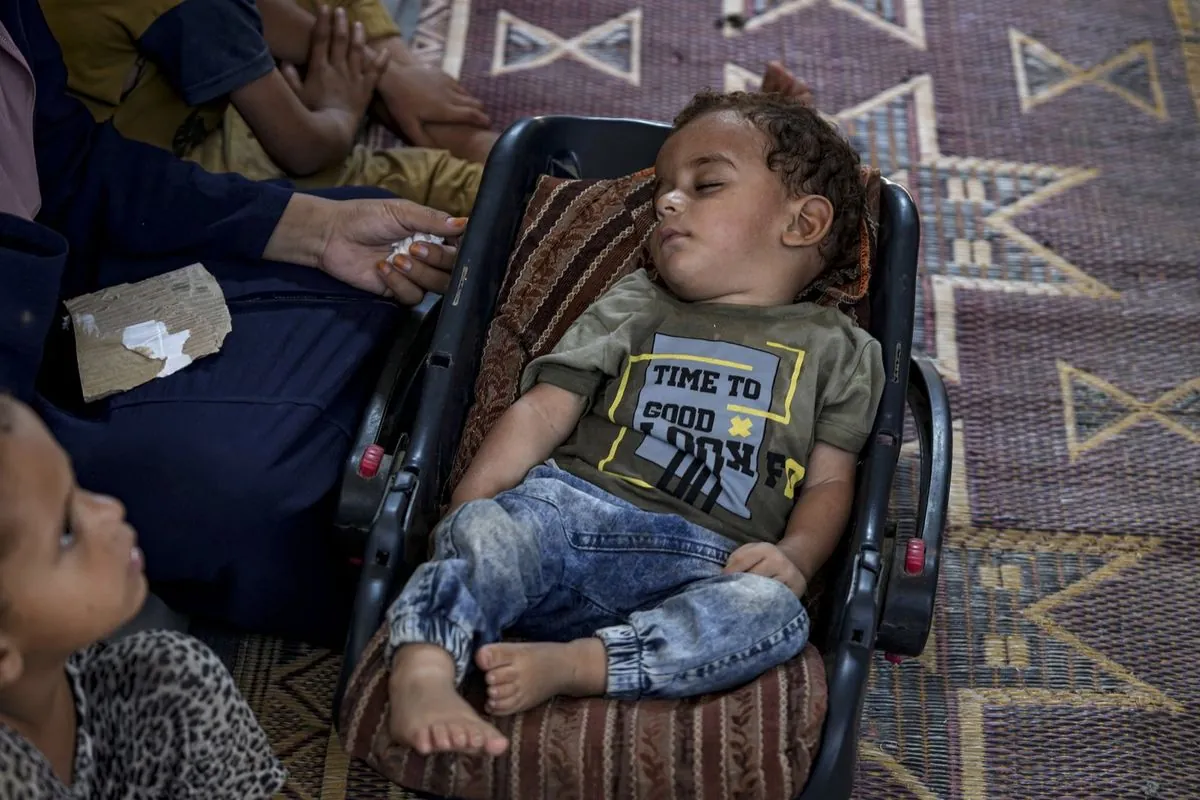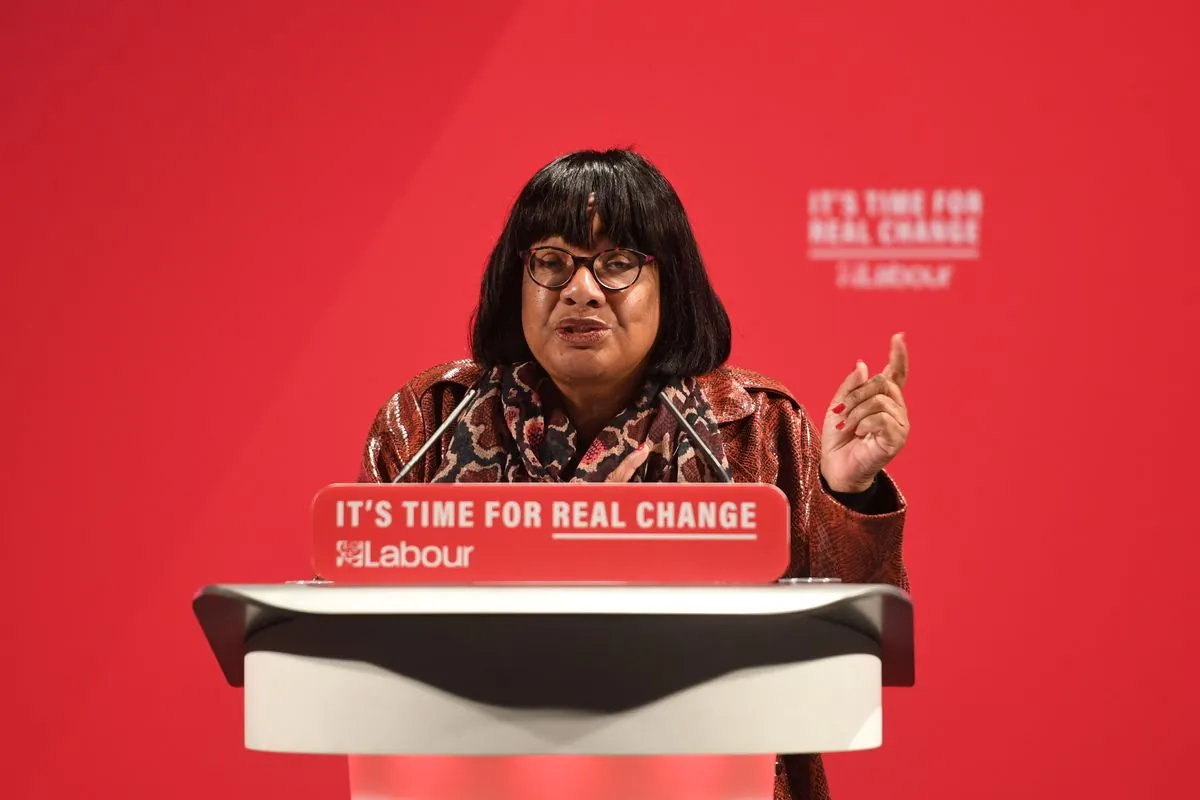Gaza Polio Vaccination Drive: Israel Agrees to Temporary Pauses
Israel tentatively agrees to pause Gaza fighting for polio vaccinations. WHO aims to immunize over 640,000 children after first case in 25 years emerges, raising concerns of wider spread.

The World Health Organization (WHO) has announced that Israel has tentatively agreed to pause military operations in the Gaza Strip to allow for a critical polio vaccination campaign. This development comes in response to the first reported case of polio in Gaza in 25 years, raising concerns about potential wider spread of the virus.
According to the WHO representative in the Palestinian territory, Israel has made a "preliminary commitment" to facilitate the planned vaccination of more than 640,000 children. The campaign is set to begin on August 25, 2024, with three daily pauses from 6 am to 3 pm in specific zones of Gaza, lasting for three days.
The urgency of this vaccination drive is underscored by the recent case of Abdel-Rahman Abu El-Jedian, a one-year-old child who has become partially paralyzed due to polio infection. This case marks a significant setback in global efforts to eradicate the disease, as polio cases have decreased by 99% worldwide since 1988.
Polio, a highly contagious virus, primarily spreads through contact with contaminated feces or respiratory droplets from infected individuals. Young children are particularly vulnerable to its effects, which can include breathing difficulties and paralysis, potentially leading to fatality. The virus can spread silently, with only 1 in 200 infections resulting in visible paralysis.
The planned vaccination campaign in Gaza will utilize the oral polio vaccine (OPV), which contains weakened live poliovirus and is more effective in preventing transmission. For the OPV to be successful, the WHO aims to achieve at least 95% coverage among the target population.

However, implementing this campaign faces significant challenges. The destruction of Gaza's healthcare infrastructure, with less than half of the territory's 107 health facilities currently operational, complicates the vaccination efforts. Dr. Hamid Jafari, director of the WHO's polio eradication program in the eastern Mediterranean, estimates that a seven-day pause would be ideal for the plan's success.
Adding to the urgency, aid group Mercy Corps estimates that approximately 50,000 babies born in Gaza since the conflict began have not been immunized against polio. This situation necessitates creative solutions, such as establishing vaccination sites in schools, shelters, and community centers.
While Israeli Prime Minister Benjamin Netanyahu's office has denied a general truce during the vaccination drive, they have confirmed approval for "designation of specific places" in Gaza for the campaign. Hamas has expressed willingness to collaborate with international organizations to facilitate the vaccination effort's success.
The reemergence of polio in Gaza highlights the ongoing challenges in global health security, particularly in conflict zones. As the world continues to work towards complete eradication of polio, with only Afghanistan and Pakistan remaining endemic, this situation in Gaza serves as a reminder of the fragility of public health achievements and the importance of maintaining high vaccination coverage.
"Three pauses will take place from 6am to 3pm and last for three days in specific zones in Gaza, beginning on Sunday."
As the international community watches closely, the success of this vaccination campaign could have far-reaching implications for both public health and humanitarian efforts in the region.


































